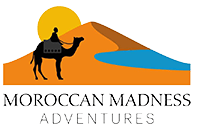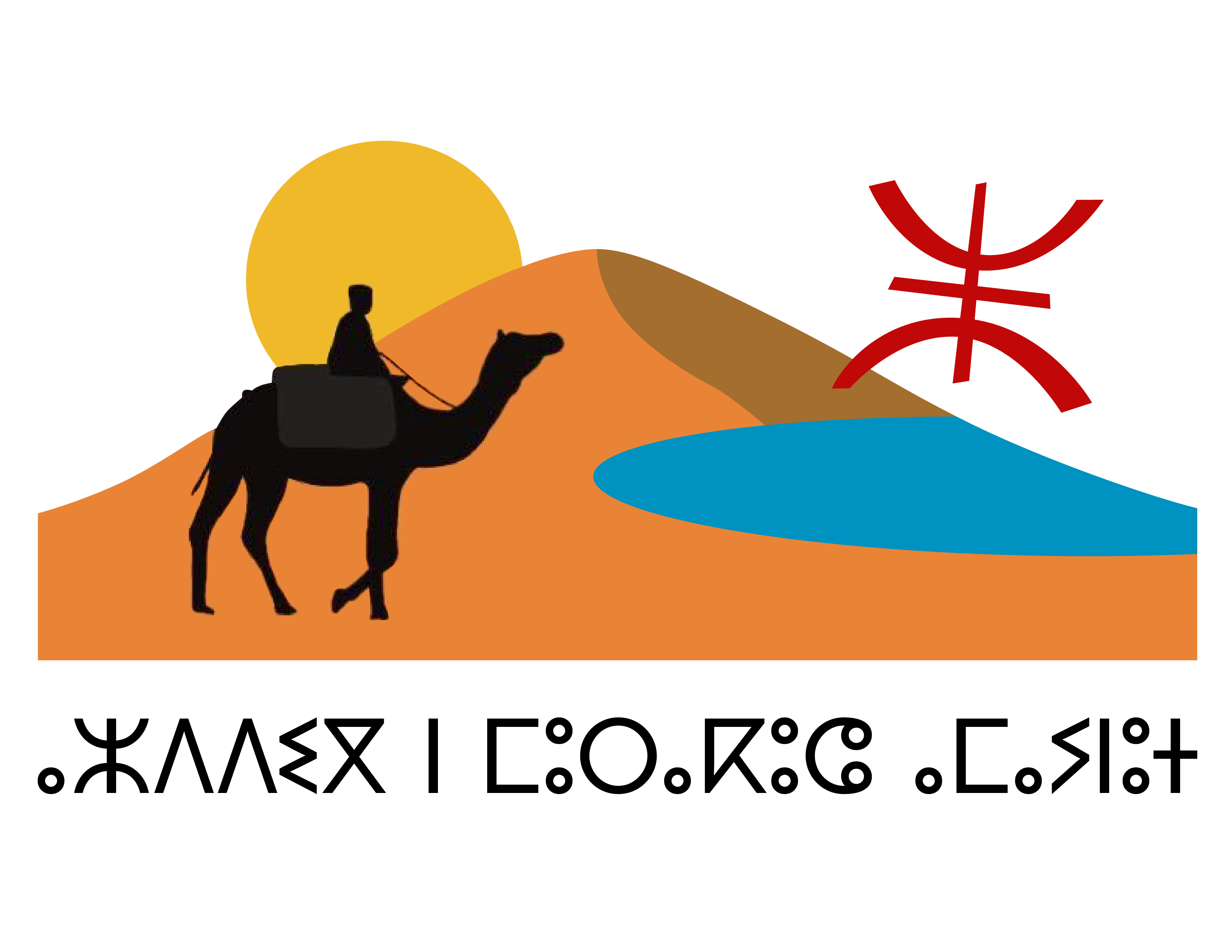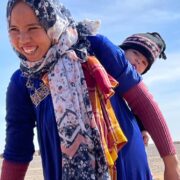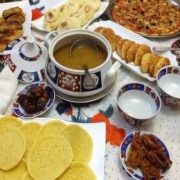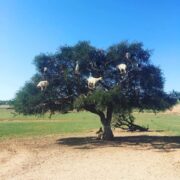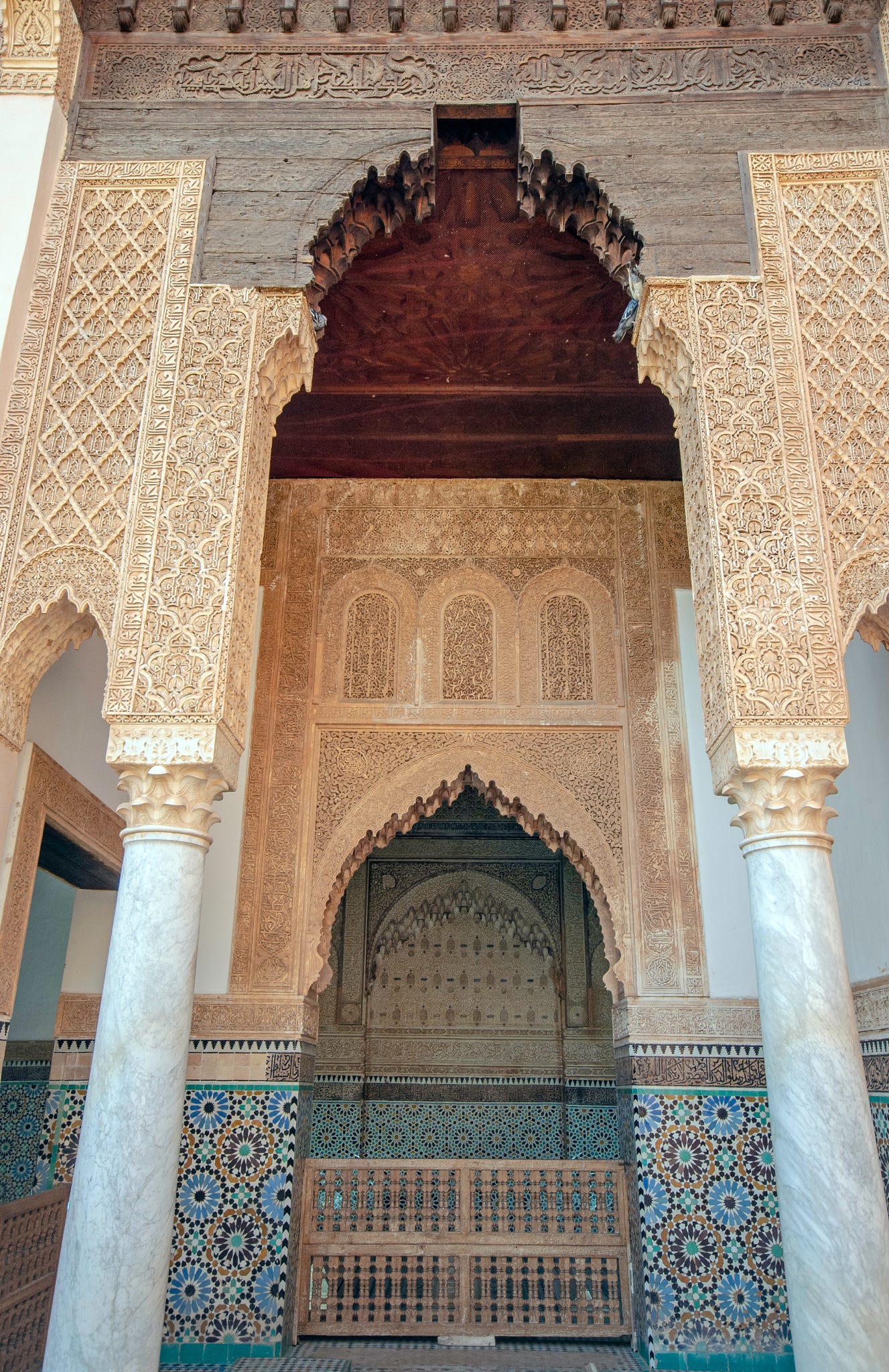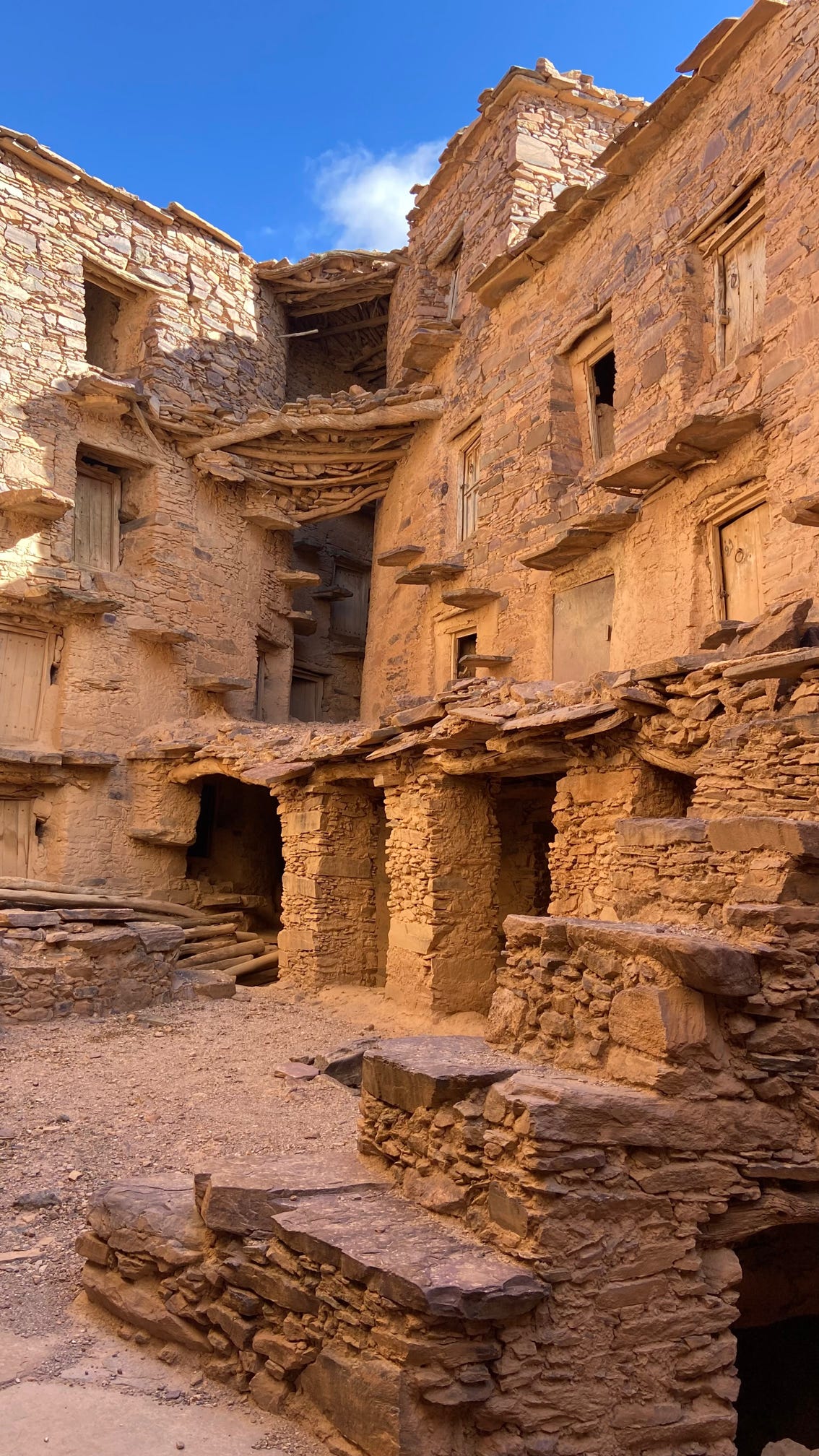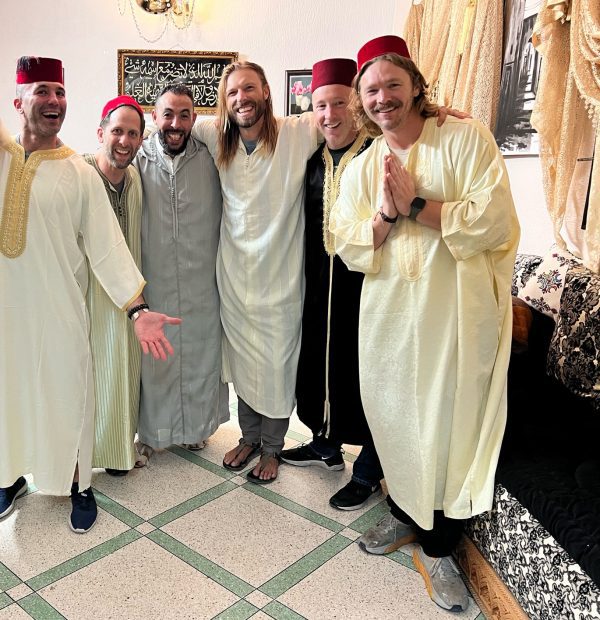
Eid Al Adha:Celebrating its Faith on 10th of Dhul-Hijjah
Eid Al Adha: A Celebration of Faith and Sacrifice
Eid Al Adha, also known as the Festival of Sacrifice, is one of the most significant Islamic holidays celebrated in Morocco. It marks the culmination of the Hajj pilgrimage and commemorates Prophet Ibrahim’s willingness to sacrifice his son in obedience to God’s command. The festival is deeply rooted in faith, tradition, and the values of generosity and compassion.
Preparations
Eid Al Adha celebrations usually last for three days. Preparations begin well in advance with families planning for the occasion by purchasing animals for sacrifice, preparing special dishes, and organising gatherings with loved ones. Markets become bustling hubs as people shop for livestock, clothing, and festive decorations.
The Morning
On the morning of Eid Al Adha, Moroccan families get up early to perform special prayers at mosques and on the open-air prayer grounds. These communal prayers bring people together in gratitude and devotion. Worshippers wear their finest traditional attire, with men often wearing djellabas and the women dressed in their finest kaftans.
The Sacrifical Ritual
After the prayers, the sacrifice takes place. A sheep, goat, or cow is sacrificed in remembrance of Ibrahim’s act of devotion. This sacrifice is carried out with reverence and follows Islamic guidelines. The meat is shared into three parts: one portion is kept for the family, one is given to relatives and friends, and one for the less fortunate in the local community. This practice highlights the importance of charity and social responsibility.
Traditional Meals and Festive Gatherings
Once the sacrifice has been made, families gather to prepare elaborate meals. Traditional Moroccan dishes such as mechoui (slow-roasted lamb), liver skewers wrapped in caul fat, and various tagines are enjoyed. The air is filled with the aroma of spices and grilled meat, enhancing the festive atmosphere.
Acts of Charity and Kindness
Eid Al Adha is also a time of generosity, sharing what you have and kindness. Many Moroccans engage in acts of charity, offering food, clothing, and financial support to those in need in their local community. Neighbours exchange gifts and dishes, reinforcing the bonds of community and friendship.
A Festive Atmosphere
The streets all over Morocco come alive with vibrant decorations, traditional music, and cultural performances. Children receive new clothes and gifts, adding to the joyous spirit of the holiday. Families visit one another, sharing meals and exchanging warm greetings of “Eid Mubarak.”
Strengthening Bonds and Unity
The Eid Al Adha holiday is a deeply religious occasion, but it also fosters social unity. People from different backgrounds and economic statuses come together, reinforcing the values of empathy and togetherness. It is a time for reflection, gratitude, and strengthening familial ties.
The Deeper Significance
The significance of Eid Al Adha goes beyond religious observance. It serves as a reminder of the virtues of sacrifice, patience, and faith. The festival encourages Moroccans to uphold these values in their daily lives, encouraging a culture of compassion and mutual support.
A Celebration that Leaves a Lasting Impact
As the days of Eid Al Adha unfold, a spirit of joy and happiness fills Moroccan homes. The combination of religious devotion, cultural traditions, and social engagement makes Eid Al Adha a cherished occasion for everyone.
Eid Al Adha in Morocco is more than just a festival—it is a profound experience that embodies the spirit of sacrifice, unity, and generosity. It is a celebration that leaves a lasting impact, enriching the lives of those who observe it and strengthening the bonds that connect people to one another.
Table of Contents
contents
